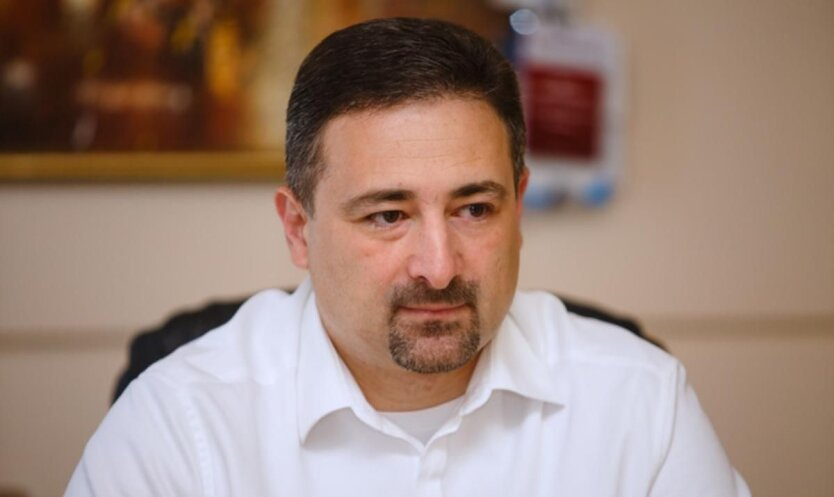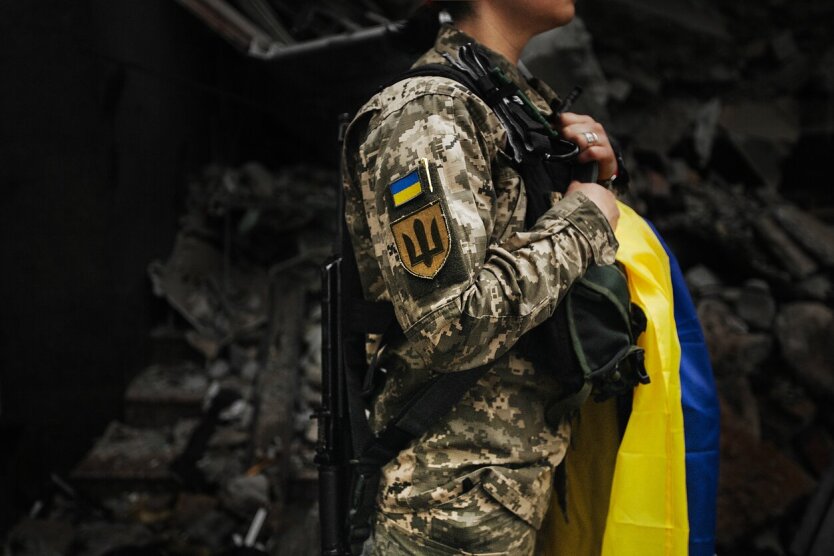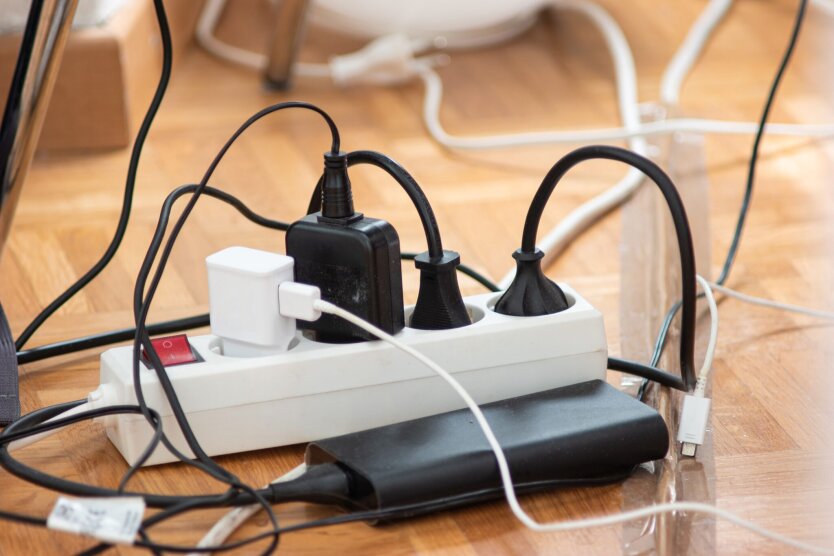Ukrposhta accused of forced charitable contributions: Smiliansky responded.


Ukrposhta responds to accusations regarding charitable contributions
The General Director of Ukrposhta Ihor Smiliansky responded to the accusations of MP Nina Yuzhanina regarding forced charitable contributions.
According to 'Hvylya', Smiliansky sent his response on his Telegram channel.
Earlier, Yuzhanina stated that 'Ukrposhta' transfers approximately 50 million hryvnias annually to the account of the president's fund of the Kyiv School of Economics Tymofiy Milovanov.
Ukrposhta indeed transfers 1 hryvnia from each parcel to the Kyiv School of Economics charitable fund, - said Smiliansky.
The director explained that the collected funds are used for the needs of the Armed Forces of Ukraine, bomb shelters, shelters, and hospitals, and emphasized that they are audited by international auditors and law enforcement agencies.
If the funds collected for charitable needs are considered income of the charitable fund, then Yuzhanina's diplomas can be checked, - noted Smiliansky.
He also explained that the company, together with the KSE fund, has provided over 67 million hryvnias in assistance to the Armed Forces of Ukraine.
Smiliansky noted that 'Ukrposhta' as a state-owned company does not have the right to engage in charitable activities, but they decided to help the Armed Forces of Ukraine through cooperation with the KSE Foundation. The foundation verifies and administers the funds, while Ukrposhta ensures their collection and transfer.
Recall that Ukrposhta announced tariffs for 2025.
Read also
- Rising Prices of Basic Products: What is Happening to Sugar and Salt Prices in June
- Injured soldiers are entitled to financial assistance from the state: details
- Sprats without fish and canned food without meat: Ukrainians explained how to distinguish counterfeit canned goods in stores
- First heat, then rain with cooling: forecaster Didenko warned about the weather 'swings' of the week
- Ukraine switches to 230 volts: will electricity bills rise and will the wiring withstand it
- Drivers shown new gas station prices: where refueling has become unprofitable










